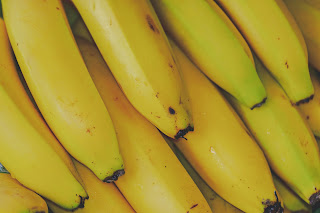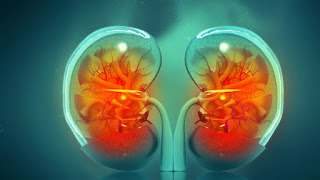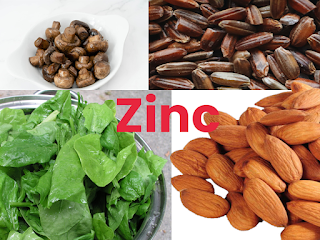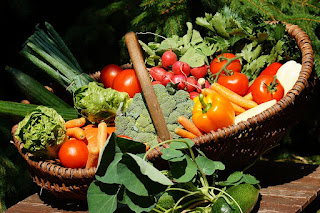Banana : Health Benefits
Bananas are a popular and nutritious fruit that offer numerous health benefits. Here are some of the key benefits of consuming bananas: Benefits Essential nutrients : It contains essential nutr.... Continue Reading


Modernize your business
Be found by valuable customers

Bananas are a popular and nutritious fruit that offer numerous health benefits. Here are some of the key benefits of consuming bananas: Benefits Essential nutrients : It contains essential nutr.... Continue Reading

Diabetes is a severe condition characterized by high blood sugar levels. Proper diet plays a important role in managing diabetes. Here are some suggestions on the foods to eat and avoid : Foods to e.... Continue Reading

As per World health organization (WHO) data, around 2.2 billion affected by eye disease. The most known eye disorders are Age-related macular degeneration Cataract Diabetic retinopa.... Continue Reading

Kidney disease refers to conditions that affect the structure and performance of the kidneys, damaging their ability to filter waste products and excess fluids from the blood. It can be acute or chr.... Continue Reading

Zinc is an necessary mineral that plays a important role in various bodily functions. Including zinc-rich foods in your diet can offer several health benefits. Immune System Support : It is known fo.... Continue Reading

Vitamins are essential and efficient organic compounds that our bodies need in small amounts to keep up various functions. They play important roles in metabolism, energy production, immune function,.... Continue Reading